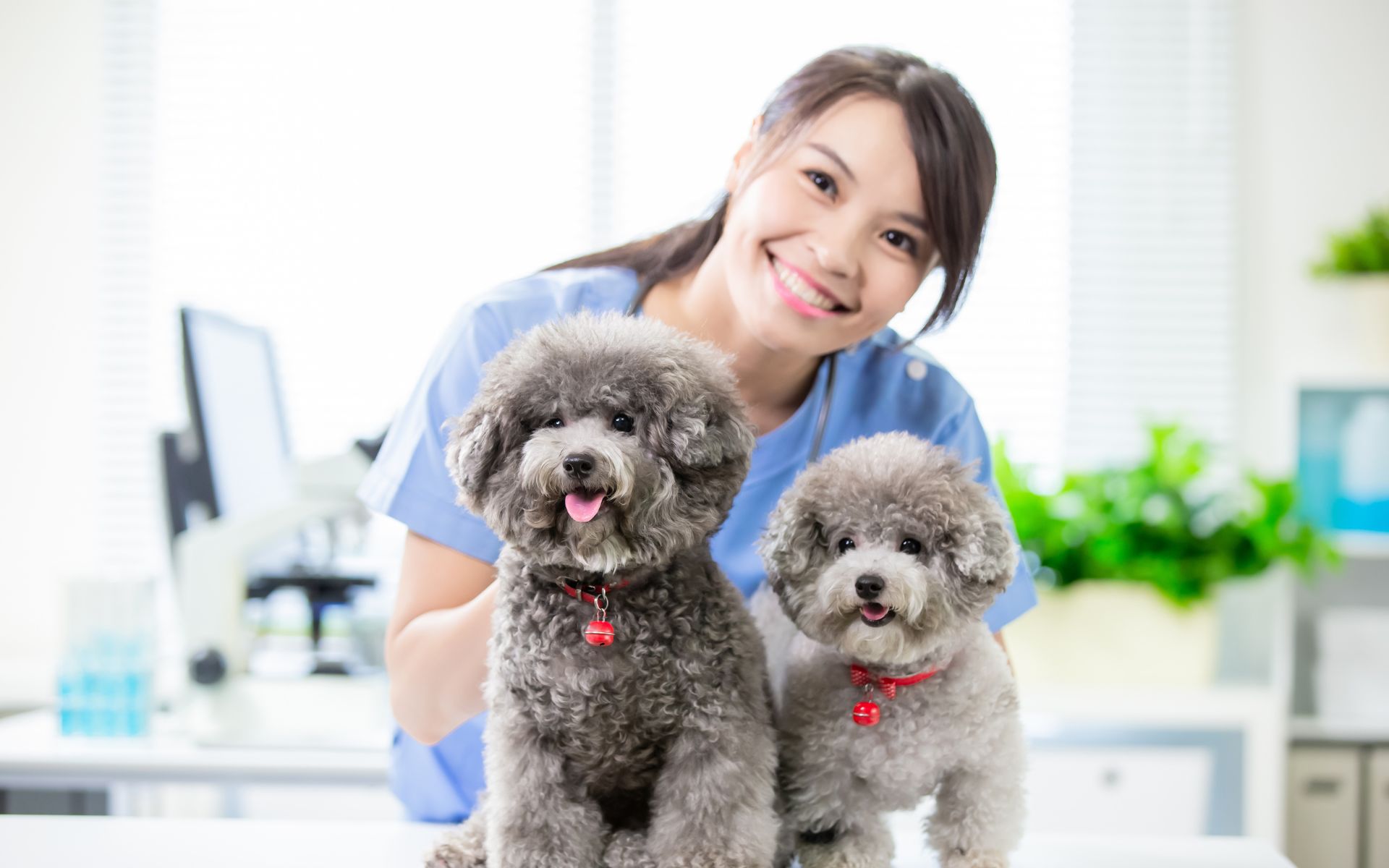3. Get in Touch with Your Pet’s Vet
Having your pet examined by a veterinarian is important to ensure good health and safety for your baby. This will help to identify and address any health issues, diseases, allergies, or parasites that could pose a risk to your baby. In addition, ensuring that your pet’s vaccinations and treatments are up-to-date is crucial, especially if your baby will be in close contact with your pet.
Sterilizing your pets can positively affect their overall health, decreasing the risk of reproductive system cancers and other health issues. Neutered or spayed pets are usually more obedient and manageable, which can be advantageous when introducing pets to a new baby. They also have a lower risk of certain health issues related to their reproductive organs and are healthier overall.
Read also – 9 Signs Your Kids Are Ready for a Pet

